Maria Rodriguez is a current Wentworth student majoring in Biomedical Engineering and minoring in Biology. Here’s what Maria shared with us about her co-op experience at CELLINK in Cambridge:
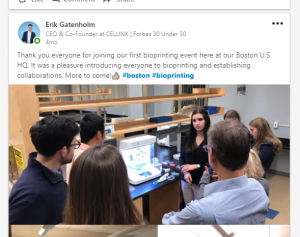
Where was your co-op? What was it like to work there?
I was an application engineer at CELLINK. CELLINK is a startup with a very vibrant and fast-paced atmosphere. My co-op position was very challenging, but at the same time, very fun. It involved supporting customers and finding new applications for our innovative technology (about which I knew very little about until I started working there) while collaborating with the team to improve the technology, and networking with scientists to introduce them to our products. I spent many days out of the office in research labs and conferences, where I got to listen to the end-users feedback and meet many important people in the bioprinting and tissue engineering fields. My supervisors had a contagious positive vibe. Also, they were very open to my ideas and always treated me like a valuable employee.
While on co-op, what project(s) were you a part of or working on, that inspired you?
My co-op experience inspired me to choose my Senior Design project. I pitched an idea to CELLINK based on a need of their current customers, and now my project is being sponsored by them! I still cannot reveal what it will be, but it is very promising since one of the applications is to help prove pharmaceutical drugs safety more efficiently, so they can get to the market faster after they have been discovered.
Based on your co-op experience, what industry/position do you see yourself in the future?
Based on this co-op experience, which introduced me to the field of 3D bioprinting, I will probably continue my studies after I graduate in order to specialize more in this field. Then, I’d love to work for a company like CELLINK, which is heavily based on research but still a part of industry and not academia.
What is a major takeaway from your co-op experience?
A major takeaway is that motivation and persistence can be key when it comes to getting a job you really want. I did not have much experience related to the technology, but my interviewers saw my passion and were excited to have me on their team.
What made you enter the contest and why did you choose the photo entered?
I wanted to share my experience. I chose this photo because it was featured by the company’s CEO.
Thank you for sharing your experience with us, Maria! Be on the lookout for our next “Share Your Co-op Contest” in the coming semesters.

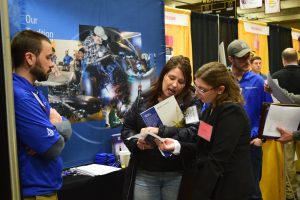
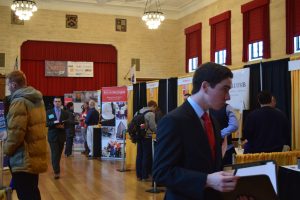
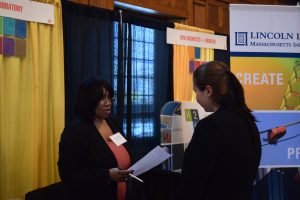
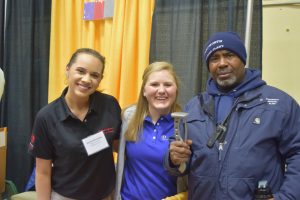

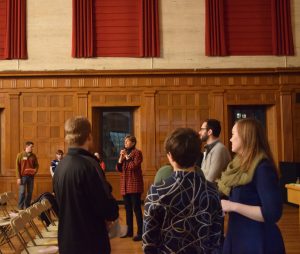






 By: Chawney Weis & Abbey Pober
By: Chawney Weis & Abbey Pober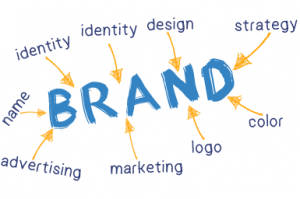 By: Robbin Beauchamp
By: Robbin Beauchamp